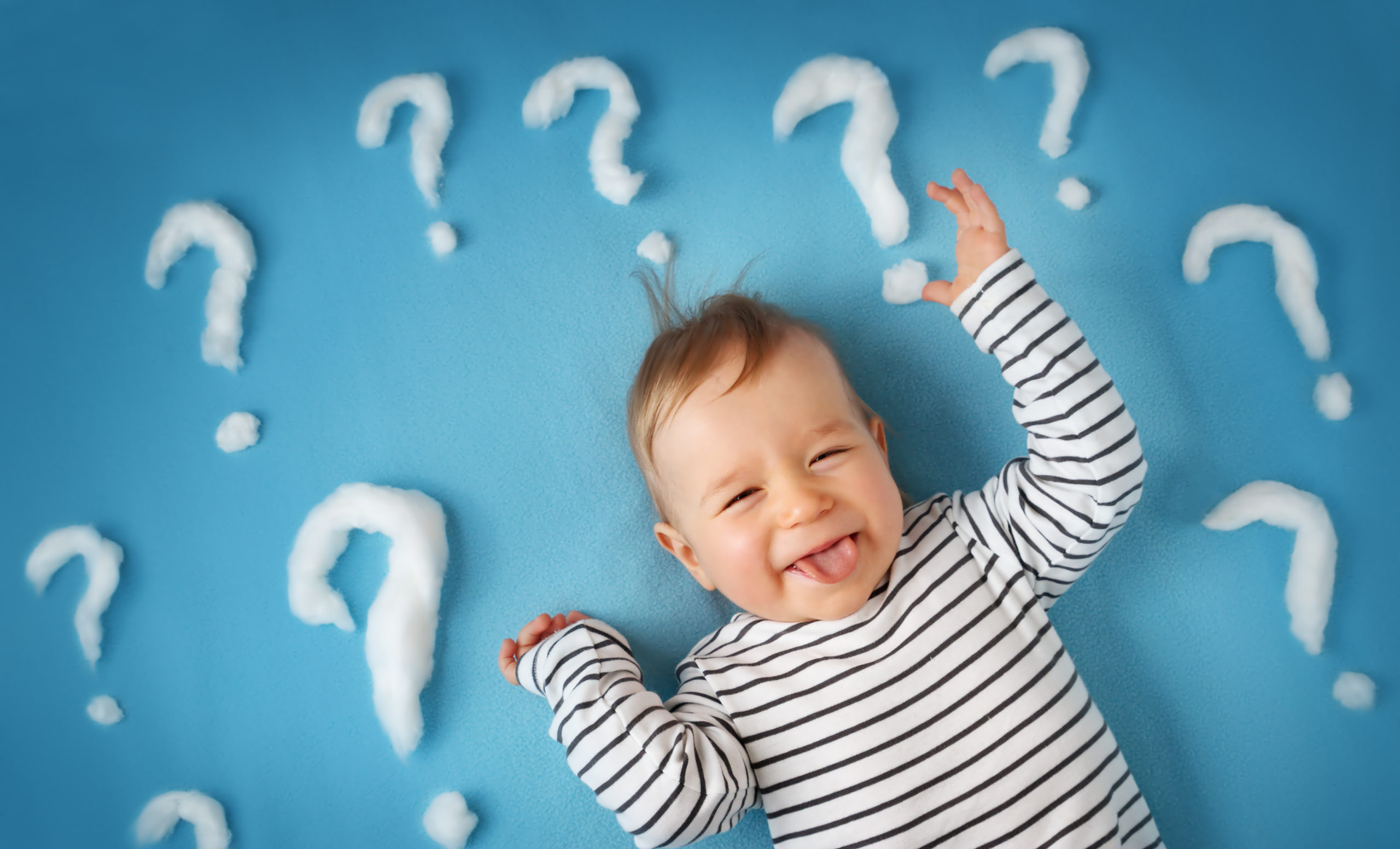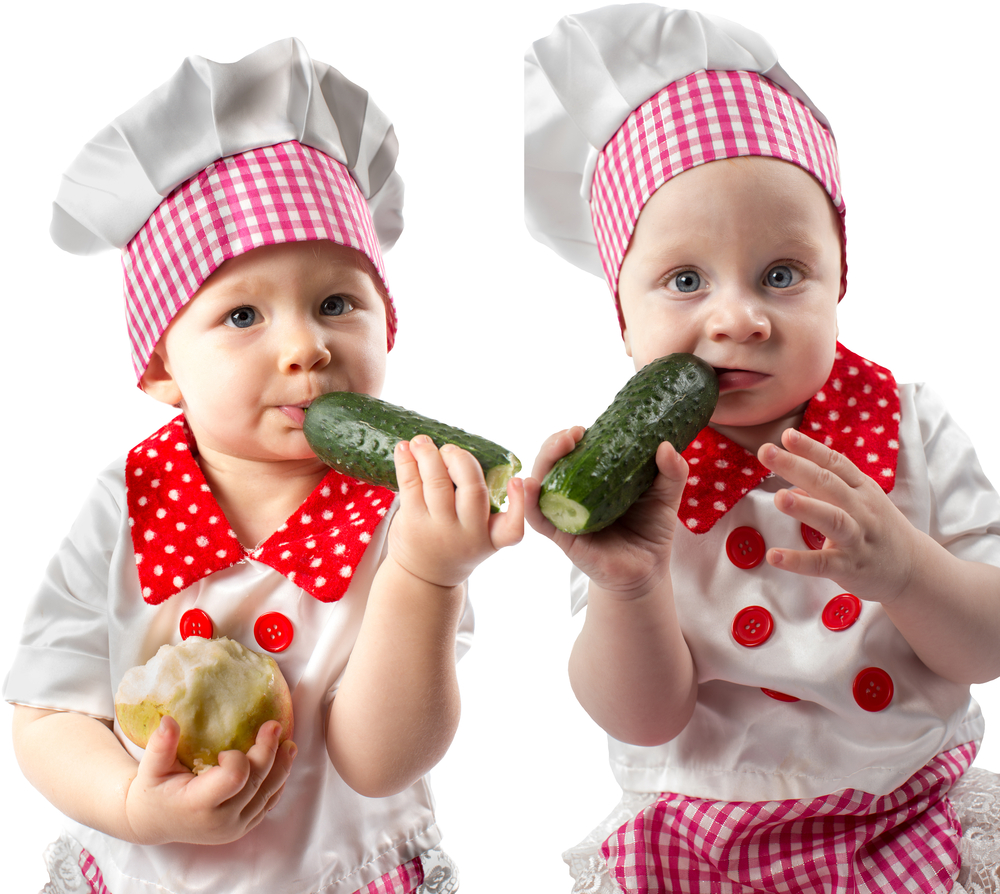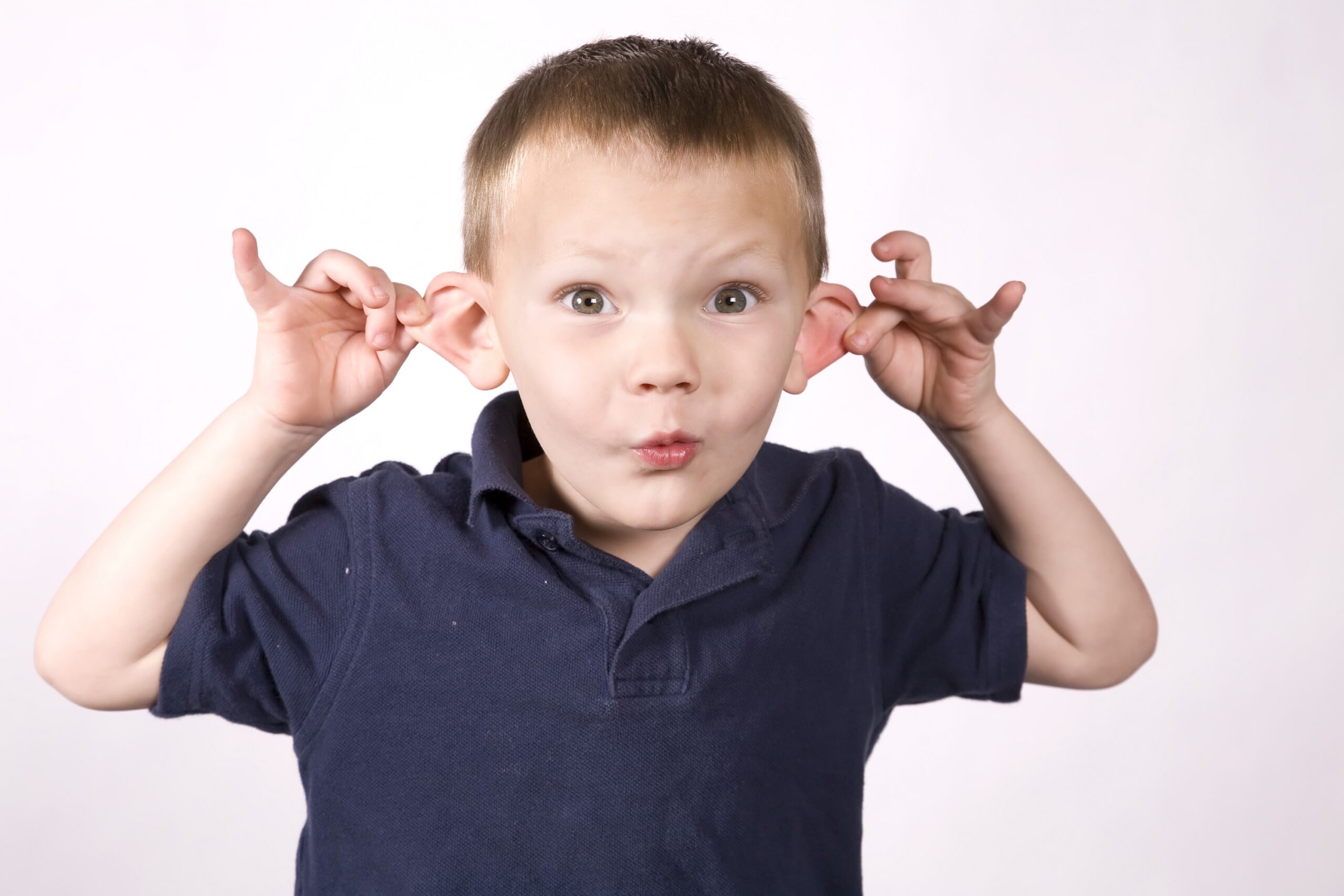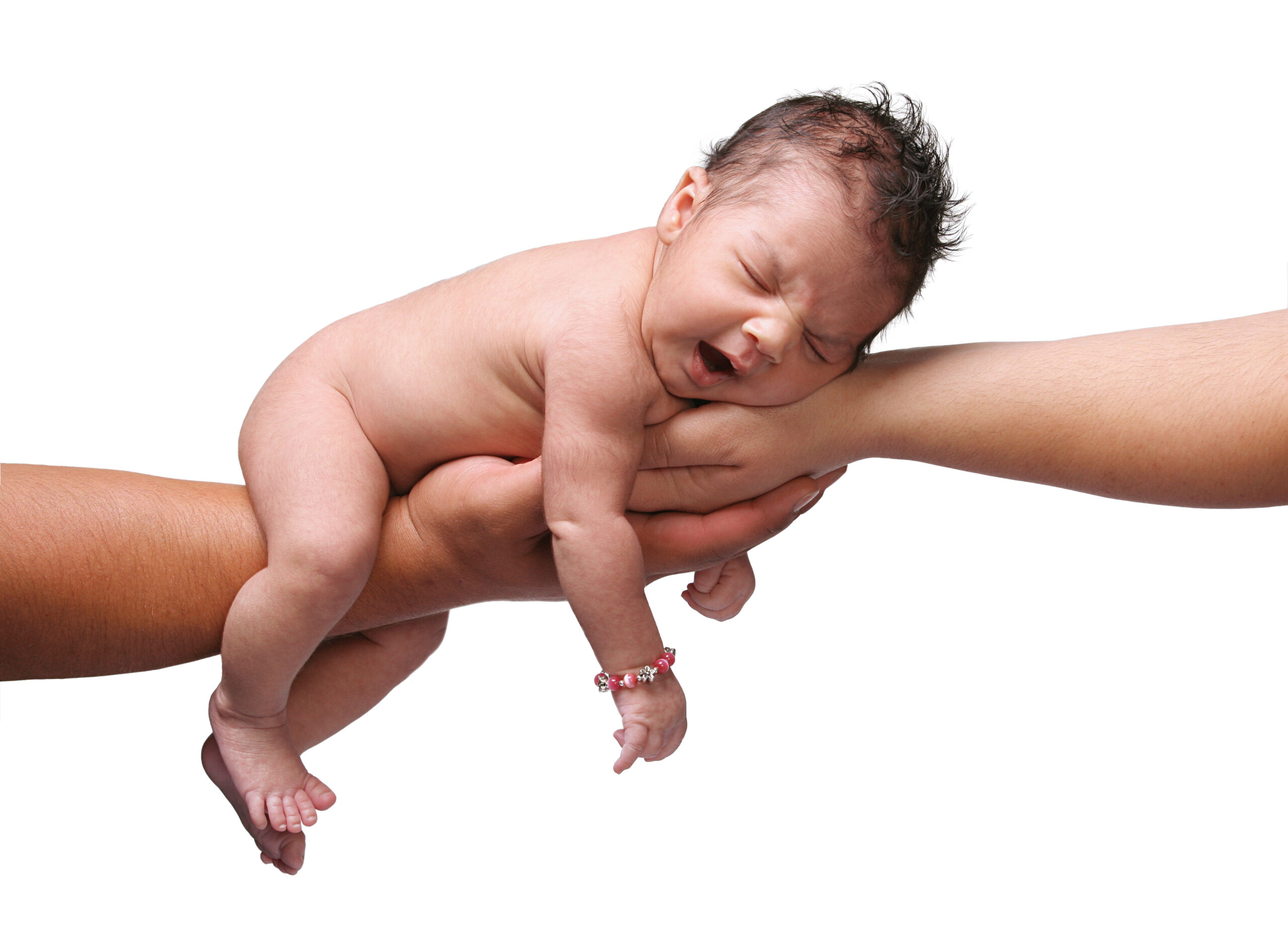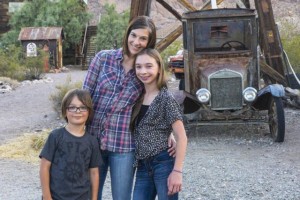Two families asked me why their almost one-year-old babies have bad breath. But no parent has ever asked me why infants DON’T have bad breath. And that’s what is really interesting!
Bad breath is primarily caused by bacteria breaking down food in the mouth. The temperature in the mouth can reach over 98 degrees with 96% humidity. If you add over 500 species of bacteria to that environment, it is no surprise that some of those bacteria will break down organic substances, like glucose, and proteins to produce odorous compounds. That’s a bacteria’s job – to convert these bacterial “foods” into volatile sulfur compounds. Remember the unwashed lunch container you left in your car? When it gets hot and moist inside that container, bacteria feast on your leftovers and make a foul smell.
Babies don’t have bad breath because they don’t eat a lot of solid food and they haven’t lived long enough to establish a large population of diverse oral bacteria. But the biggest difference is that babies drink breast milk. Breast milk contains white blood cells that attack odor-producing bacteria. So, breast milk practically has built-in mouthwash!
Another reason babies don’t have bad breath is that they don’t have tightly packed teeth for food to hide between. Don’t worry if your child has big gaps between their teeth; the spaces give the adult teeth extra space and there are fewer hiding spaces for food particles. Lastly, kids salivate a lot. Even in adults, a frequently moistened mouth is less likely to stink compared to a drier palate.
You should expect your baby’s breath to have an odor after they start eating solid foods between four and six months. Obviously, baby garlic breath will be stronger smelling than oatmeal breath. But if the breath smells particularly bad, there could be a problem. Mouth breathing can cause stinky breath. When your baby has a cold and sleeps with her mouth open more than usual, the drier environment will promote growth of bacteria.
A child’s toys can also be to blame for bad breath. When babies put toys in their mouth, or use a pacifier, they transfer their mouth bacteria to the object, which causes the toys to develop a bad smell. And then they transfer that bad smell back to their mouth when they suck on it again. Sterilize toys and pacifiers by running them through the dishwasher or dropping them in boiling water. Also, wash your baby’s hands if he sucks his thumb or fingers.
In toddlers and older children, a foul smell can also come from an infection forming around an object a child has stuck up their nose, or from a sinus infection.
If your baby has bad breath, and you’ve checked that they don’t have a foreign object in their nose, you should gently wipe or brush their tongue and gums with water after each feeding, even if they don’t have any teeth yet. Once they have even one tooth, you should use a small dot of toothpaste with fluoride to brush the entire mouth.

